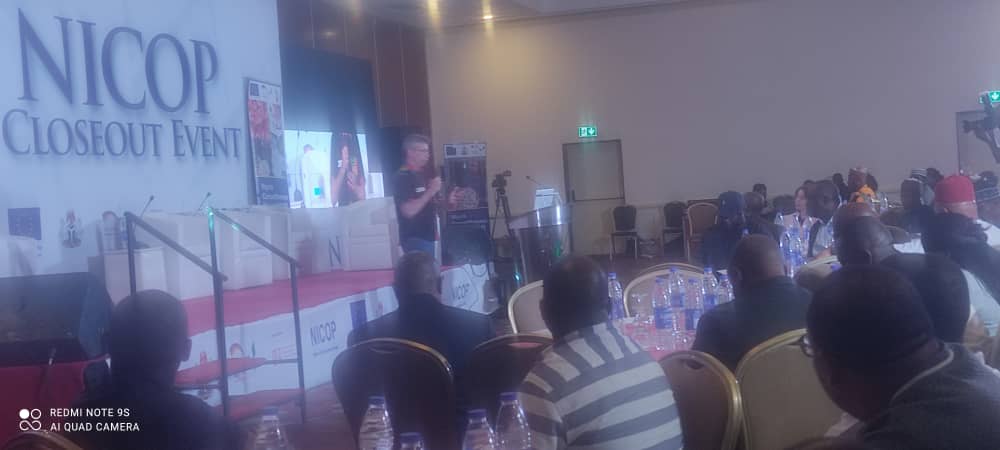
By Ruth Oketunde
No fewer than 29,000 persons have benefitted from the Nigeria Competitiveness Project (NICOP) aimed at supporting Micro, Small and Medium Enterprises (MSMEs) in the country.
Ms Ann Vinambres, Head of Project, NICOP, said this while giving an overview and achievements of the project, at the NICOP Close-out event, in Abuja.
The News Agency of Nigeria (NAN) reports that NICOP, a four- year project was commissioned in 2018 by the German Federal Ministry for Economic Cooperation and Development (BMZ) and co-funded by the European Union (EU).
NAN also reports that the project which was implemented by the GIZ Pro-Poor Growth and Promotion of Employment in Nigeria Programme- SEDIN, had beneficiaries drawn from eight focal states.
Vinambres said that the beneficiaries who were selected from Kano, Kaduna, Plateau, Ogun, Oyo, Lagos, Abia and Kebbi, were empowered to seize opportunities, add value and improve their livelihoods in their various businesses.
According to her, NICOP supported MSMEs, artisans, small holder farmers and other actors across value chains with training, access to market, finance, certification and standardisation, as well as technology.
She said that all these were geared towards improving their competitiveness, expanding their businesses and increasing incomes across the selected value chains.
Vinambres added that the project which focused on inclusivity and innovations in tomato, ginger, chilli, leather and garment value chains, continuously supported gender inclusion in other to deliver meaningful opportunities for economic empowerment.
Also speaking, Mr Frank Okafor, a representative of the EU, added that the EU devoted so much to ensure that the programme added value to the commodities in the value chains.
He added that the model developed in the project, could be replicated by other partners, to reach out to other MSMEs in the remaining states in the country.
“It is our desire to improve their livelihoods and make going to Europe unattractive and to also address the issue of illegal migration,” he said.(NAN)